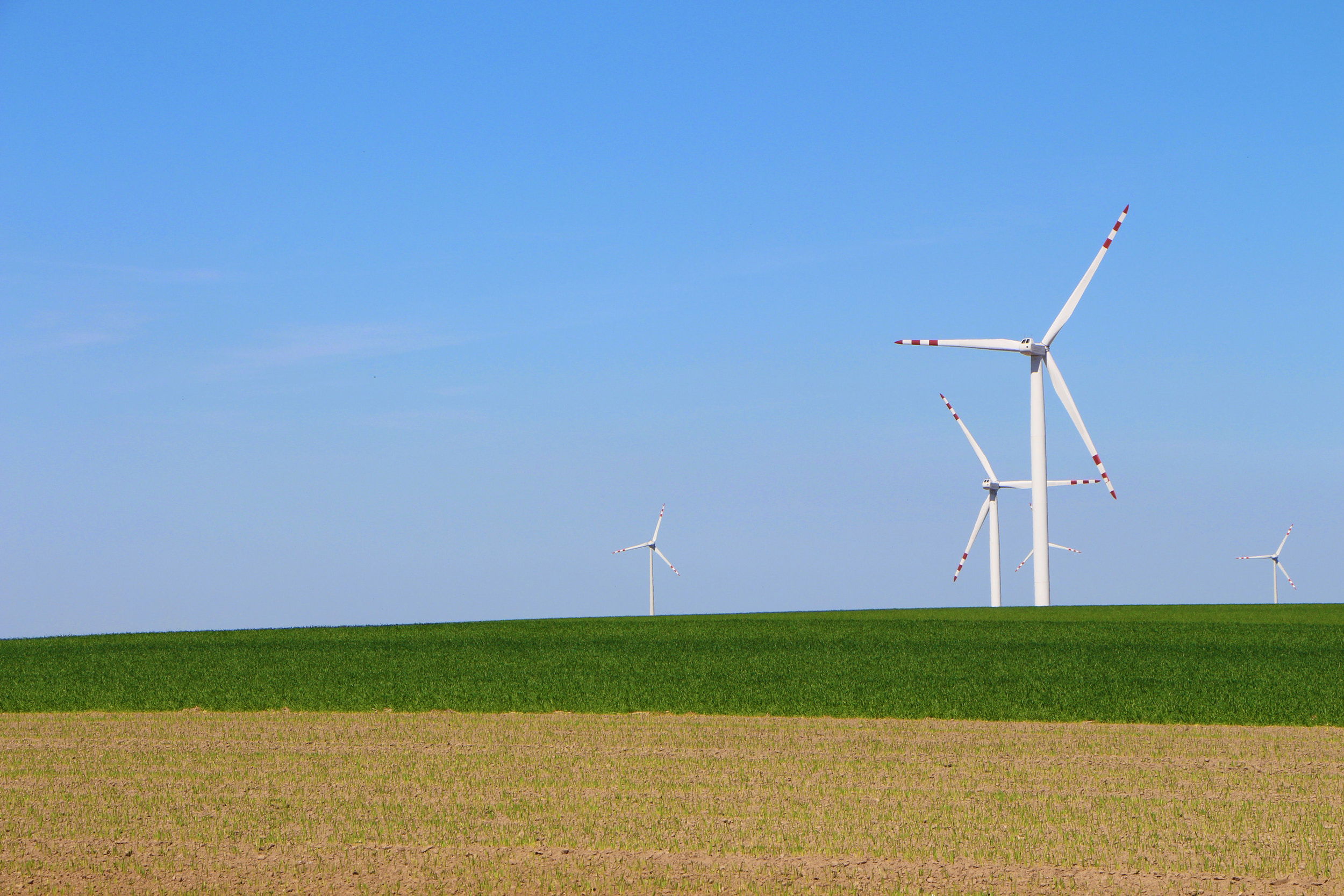Green Tech: Innovations for a Sustainable Future
In a world grappling with environmental challenges and climate change, the role of technology in addressing these issues has become increasingly significant. Green technology, often referred to as "green tech," encompasses a wide range of innovations aimed at promoting sustainability, conserving resources, and reducing our carbon footprint. In this article, we will explore the landscape of green tech, its innovative solutions, and its potential to shape a more sustainable future for our planet.

Understanding Green Tech
Green tech, or clean technology, refers to products, services, and processes that use renewable materials and energy sources, reduce emissions and waste, and have a minimal impact on the environment. The overarching goal of green tech is to address environmental challenges while maintaining or improving the quality of life. Green tech solutions can be found in various sectors, including energy, transportation, agriculture, construction, and waste management. These innovations often leverage the power of digital technology, data analytics, and automation to optimize resource use and minimize environmental harm.
Key Innovations in Green Tech
1. Renewable Energy
One of the most significant advancements in green tech is the proliferation of renewable energy sources such as solar, wind, and hydropower. Solar panels and wind turbines are becoming more efficient and cost-effective, allowing for wider adoption of clean energy.
2. Energy Storage
To address the intermittency of renewable energy sources, green tech includes energy storage solutions like advanced batteries and grid-scale storage systems. These technologies store excess energy for use during periods of high demand or low renewable energy production.
3. Electric Vehicles (EVs)
The rise of electric vehicles is transforming the transportation industry. EVs produce fewer emissions compared to traditional internal combustion engine vehicles, contributing to reduced air pollution and a smaller carbon footprint.
4. Smart Grids
Smart grid technology enhances the efficiency of energy distribution by optimizing power generation, transmission, and consumption. It enables better integration of renewable energy sources and reduces energy wastage.
5. Sustainable Agriculture
Green tech innovations in agriculture include precision farming techniques, sensor-based monitoring, and data analytics. These technologies improve crop yields while minimizing the use of water, pesticides, and fertilizers.
6. Sustainable Building Materials
The construction industry is adopting sustainable building materials like bamboo, recycled steel, and eco-friendly insulation. Green buildings incorporate energy-efficient designs and technologies, reducing energy consumption.
7. Waste Management
Advanced waste-to-energy technologies and recycling innovations are helping reduce landfill waste and harness the energy potential of organic materials.
The Importance of Green Tech
Green tech is crucial for addressing pressing global challenges:
1. Climate Change Mitigation
Reducing greenhouse gas emissions and transitioning to clean energy sources are critical for mitigating climate change. Green tech plays a pivotal role in achieving these goals.
2. Resource Conservation
Green tech solutions help conserve finite resources, such as fossil fuels and fresh water, ensuring their availability for future generations.
3. Biodiversity Preservation
Sustainable agriculture practices and land-use technologies minimize habitat destruction and promote biodiversity conservation.
4. Improved Air and Water Quality
The adoption of cleaner energy sources and emissions reduction technologies leads to improved air quality and cleaner waterways.
5. Economic Opportunities
Green tech innovations drive economic growth by creating new industries and job opportunities in renewable energy, manufacturing, and research and development.
Challenges and Considerations
While green tech offers immense promise, it also faces challenges:
1. Cost Barriers
The initial costs of implementing green tech solutions can be high, discouraging some individuals and businesses from adoption.
2. Technological Maturity
Some green tech innovations are still in the early stages of development and may require further research and refinement.
3. Policy and Regulation
Effective policies and regulations are needed to incentivize green tech adoption and ensure a level playing field for sustainable technologies.
4. E-Waste
The rapid advancement of technology leads to electronic waste (e-waste) concerns, necessitating responsible recycling and disposal practices.

The Future of Green Tech
The future of green tech is promising, with continued innovations and widespread adoption expected. As technology evolves, green solutions will become more accessible, cost-effective, and integrated into our daily lives. Governments, businesses, and individuals all have a role to play in driving the transition to a more sustainable future.
In conclusion, green tech represents a beacon of hope in the face of environmental challenges and climate change. By harnessing the power of innovation, data, and renewable resources, green tech offers a pathway to a more sustainable and resilient planet. Embracing and investing in green tech solutions is not only an environmental imperative but also a sound economic choice for a better future.
Sources:
- What is Green Tech? - Investopedia
- Renewable Energy Explained - U.S. Energy Information Administration
- Advancements in Energy Storage - National Renewable Energy Laboratory
- The Rise of Electric Vehicles - World Economic Forum
- Smart Grid Technology - U.S. Department of Energy
- Sustainable Agriculture and Technology - Nature
- Green Building Materials - U.S. Green Building Council
- Waste-to-Energy Technologies - U.S. Environmental Protection Agency